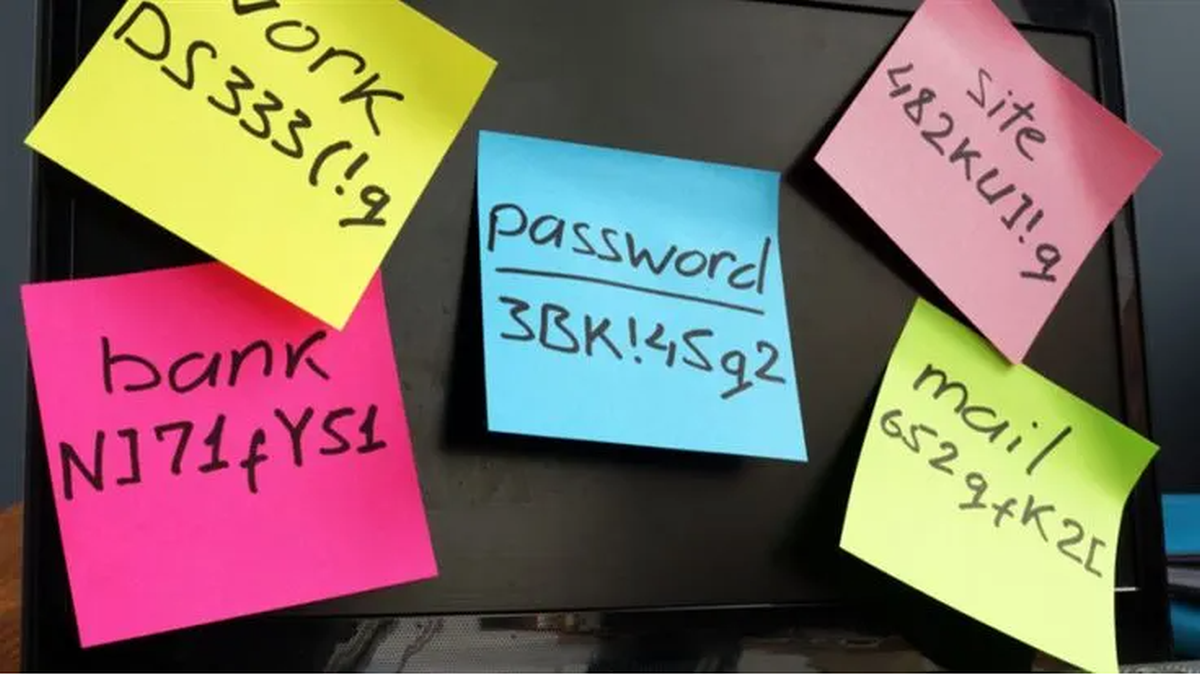Last week on Malwarebytes Labs
- Multiple video games break after domain name snafu
- How to remove adware on an Android phone
- Smart TV adverts put a wrinkle in your programming
- Are cybercriminals turning away from the US and targeting Europe instead?
- Patch now! Microsoft plugs actively exploited zero-days and other updates
- Playstation 5 hacked—twice!
- Murder-for-hire, money laundering, and more: How organised criminals work online
- Could Apple’s new MacBooks signal a change in direction on security?
- The importance of backing up
- A multi-stage PowerShell based attack targets Kazakhstan
On Malwarebytes’ Lock and Code podcast episode S02E21 of this week we talked to Jess Dodson about “Why we fail at getting the cybersecurity basics right.“
Other cybersecurity news
- Romanian authorities arrested two individuals suspected of cyberattacks deploying the Sodinokibi/REvil ransomware. (Source: Europol Newsroom)
- The TOR project launched a new release: Tor Browser 11.0 (Source: The TOR blog)
- Threat actors are actively exploiting ZOHO ManageEngine ADSelfService Plus vulnerability in a targeted campaign. (Source: Microsoft Security blog)
- SolarWinds Serv-U vulnerability is used for initial access in Clop ransomware attacks. (Source: Fox IT)
- Facebook whistleblower Frances Haugen warned that the metaverse will gather even more personal information. (Source: AP news)
- The US Treasury Department announced a set of actions focused on disrupting criminal ransomware actors and virtual currency exchanges that launder the proceeds of ransomware. (Source: US Department of the Treasury)
- A suspected state-sponsored threat actor has used Hong Kong pro-democracy news sites to deploy a macOS zero-day exploit chain. (Source: The Record)
- Void Balaur hackers-for-hire sell stolen mailboxes and private data. (Source: Bleeping Computer)
- Queensland water supplier Sunwater targeted by hackers in months-long undetected cybersecurity breach. (Source: ABC.net.au news)
- Missouri apologizes to 600,000 teachers who had SSNs and private info exposed. (Source: ZDNet)
Stay safe, everyone!










